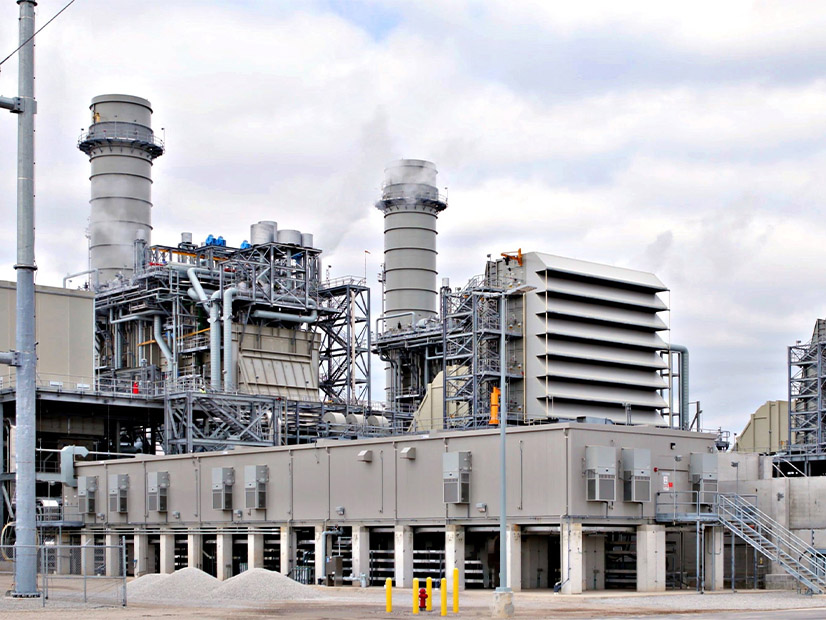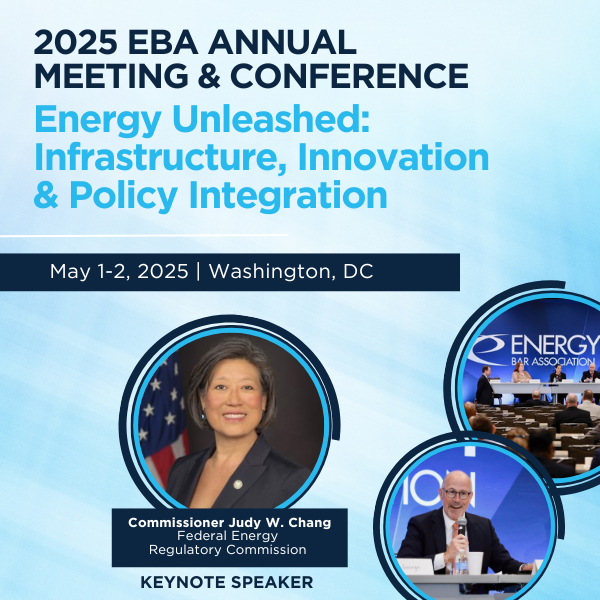The D.C. Circuit Court of Appeals has denied Entergy’s repeat attempt to revive a 50% minimum capacity obligation rule for MISO’s load-serving entities.
MISO's unsuccessful minimum capacity obligation rule, devised in 2021, was struck down a third time, this time by the D.C. Circuit Court of Appeals. Entergy attempted to save it, but the court decided Entergy lacked standing to challenge FERC's prior orders on the rule.
The court concluded in an April 15 decision that Entergy lacked standing to request the discarded rule be implemented (22-1334). The minimum capacity obligation would have required MISO load-serving entities to demonstrate they obtained at least 50% of the capacity required to serve peak load obligations ahead of and without the assistance of MISO’s capacity auctions.
“Even if we were to consider the standing arguments Entergy now belatedly advances, the company has not demonstrated the necessary concrete, imminent and redressable injury,” the court decided.
The case dates to MISO’s successful bid to create seasonal capacity auctions paired with availability-based resource accreditations.
FERC in 2022 allowed MISO to conduct four seasonal capacity auctions and apply a seasonal accreditation mostly based on a thermal generating unit’s past performance during tight system conditions. However, the commission blocked MISO’s companion proposal to institute a minimum capacity obligation (ER22-496). (See FERC Again Rejects MISO Minimum Capacity Obligation.)
At the time, MISO reasoned that such a rule would keep suppliers from relying too heavily on its capacity auction to serve their customers’ needs. The RTO thought it would encourage proactive bilateral contracting and better maintain resource adequacy.
But FERC said MISO did not fully contemplate how the proposal could give its largest utilities too much market power. The commission rejected the rule a second time on rehearing requests from MISO and Entergy’s operating companies. Entergy took its challenge to the D.C. Circuit Court. (See Entergy Seeks Review of FERC’s Block on MISO Capacity Obligation.) The D.C. Circuit said Entergy’s opening brief lacked argument, analysis and evidence to support its standing in the case.
“The words ‘standing,’ ‘injury,’ ‘traceability’ and ‘redressability’ do not appear in the document,” the court noted. It said it wasn’t until a reply brief that Entergy argued its basis for standing was “apparent.” However, the court said, “no reasonable reader … would walk away with a clear understanding of petitioners’ precise injuries, the chain of causation and how a decision of this court could redress those harms.” The court said it would not “repackage merits arguments as support for a petitioner’s standing.”
Entergy argued that a refusal of the minimum capacity obligation would lead to future grid risks and free ridership by other MISO utilities on the back of Entergy’s investments. The company complained that MISO’s auction clearing prices are too low to recover its generation investments. It said requiring utilities to secure at least 50% of their needed capacity outside the auctions would mean it would be able to recoup costs through more contracts with other MISO market participants.
The court disagreed that Entergy’s standing was self-evident and said its injuries weren’t apparent or traceable. It also didn’t accept Entergy’s explanation that it omitted its reasoning for standing due to a “clerical oversight.” Judges said they saw “no basis for excusing Entergy’s noncompliance.”
The court concluded Entergy failed to submit any proof outlining how it would be harmed financially by heightened reliability risks under the status quo and, conversely, spared from them had FERC accepted the minimum capacity obligation rule. The court said even descriptions of the reliability crisis weren’t uniform in the case record, with some sections referencing an “immediate concern” while other parts called it a nonissue and said it “could result” in an “impact on reliability … over the next decade.”
Lastly, the D.C. Circuit said a complex sequence of hypothetical events must unfold before Entergy’s claims of injury from future free ridership make sense. It said other utilities would have to turn to Entergy for bilateral contracts and negotiate deals containing higher prices to compensate Entergy for its capital expenses.
“Entergy wholly fails to articulate how this chain of events would occur,” the court said, also noting that Entergy’s only evidence of more future contracts was a citation to the Independent Market Monitor’s concern that Entergy, as a pivotal MISO supplier, would be able to use a minimum capacity obligation to charge “anticompetitive” prices to other utilities.
“Implicitly, then, Entergy’s causal chain rests on an exercise of market power — a fact which Entergy repeatedly and strenuously rejects. Entergy cannot credit the market power objections for standing purposes but disavow them on the merits,” the D.C. Circuit said.


